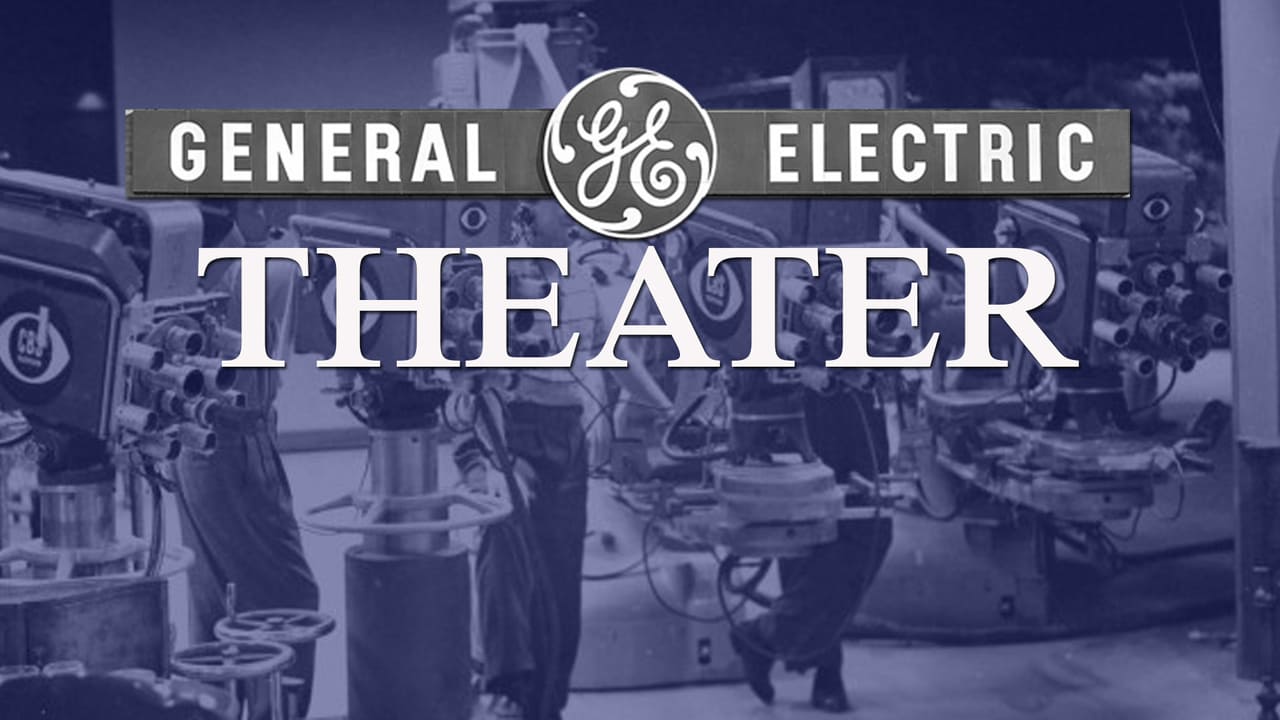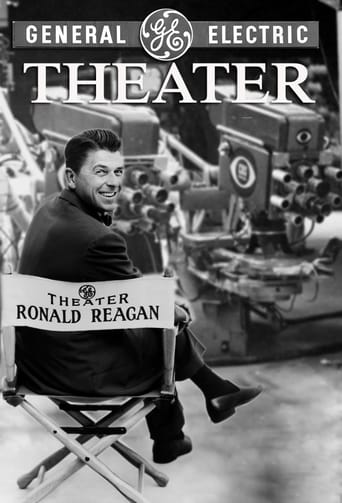

THIS ONE FOUND its way deep in our memories and remains there as a conscious example of what was best about 1950s television. In its 200 + episodes, just about everyone who was anyone in Hollywood and on TV made at least one appearance. The stories varied greatly from week to week and from pure fiction to biographical material.AS AN EXAMPLE, we submit two episodes that really stick out in our memory.THE FIRST IS a biographical snippet of a most important happening in the life of famed circus star, clown Emmett Kelly. Portrayed in a very understated, yet intense style by none other than Henry Fonda, the half hour really outs up a great and memorable bit of high drama in its modest half-hour running time. Irony would seem to be the operative word here; as the highly dramatic teleplay was all about the tragedy in the life of a man whose life is all about laughter.SECONDLY WE OFFER as states evidence a very different half an hour. THE INCREDIBLE JEWEL ROBBERY gave us a very unusual bit of the unusual from yet another facet of the series' varieties. Done as a virtual carbon copy of the silent comedy format, it has only one brief bit of dialogue spoken. Its story and action is propelled forward with the addition of some appropriate background, incidental and queues in the musical sound tack.AS PERRHAPS THE most historically important episode, we are given what would prove to be the screen swansong for Groucho, Chico and Harpo Marx.AND SPEAKING OF that which is historical, we now draw your attention to the overview of the series and its weekly Host. It was "Dutch" himself, our future President, Ronald Reagan.HEY SCHULTZ, HOW about we close with a hearty,"Where Progress is our Most Important Product!"
... View MoreI've racked my mind and searched the Internet to find the name of this much loved and remembered program. I wish I could still find this show on tape. As a kid, it was something to look forward to, entertaining and educational, in those days a rarity. I have fond memories of many episodes, but a favorite was "Hemo, the Magnificent." As a young teacher I ordered that film to show to my students. What fun! Wish we could see it again!!!! There was one episode about a little boy who couldn't speak, but had a remarkable link with animals. In the end, they taught him to speak and he lost his connection to the animals. It made me sad. I never forgot that episode. Thanks for the show and the fond memories!
... View MoreJames Dean is the only reason to view this film, a dark, grainy kinescope of a 1954 General Electric Theater adaptation of Sherwood Anderson's classic short story, "I'm a Fool." You can't help but notice his remarkable command of his voice, his facial expressions, and especially his body. And he was only 23 years old! It is tempting sometimes to think of Dean's posthumous fame as a product of his tragic death, but he was the real thing, a brilliant, instinctive artist who would have rivaled Brando and Newman as the leading actor of his generation if he had survived.Unfortunately, this adaptation departs significantly from Anderson's story, perhaps due to budgetary. Live TV drama was a low budget affair, and that probably didn't matter much if the material was appropriate to the form. But Anderson's story was so good that it seems a shame to change it, and especially to leave out key scenes.If you're interested in seeing a very good version of "I'm a Fool," check out the one that Ron Howard starred in for PBS's 1970s "American Short Story" series. Howard is no James Dean, but he is a more than proficient actor, well suited to the part, and everything else about this second version of "I'm a Fool" is far superior to the one in which Dean starred -- including the color photography and video transfer. So far as I know it isn't available in DVD, but the VHS version remains in circulation.And read Sherwood Anderson's short story, too. It is a small masterpiece by a great American writer whose work hasn't often been adapted to film.
... View MoreI have been trying to find a tape of the show aired on General Electric Theater December 12, 1954 called "The Dark, Dark Hours" starring Ronald Reagan and James Dean. I saw that show years ago when I was only eleven years old, so I do remember some of it. Dean played the part of a "Hep cat killer" in that show, and he terrorized a doctor (Reagan) and his wife.My parents purchased our first television set a few months before this episode was aired. In those days, I had a tendency to believe everything that I saw. That was the first time I ever saw James Dean in any sort of drama--and I was terrified. We lived in an old house that creaked in the wind. After watching that show, I believed this killer was walking through our house with a gun (and of course, he was out to get me!)Hopefully, someone will find a tape of this show in some vault somewhere. I really would like to obtain a copy for my ever-growing Dean "museum" I have here at home.
... View More